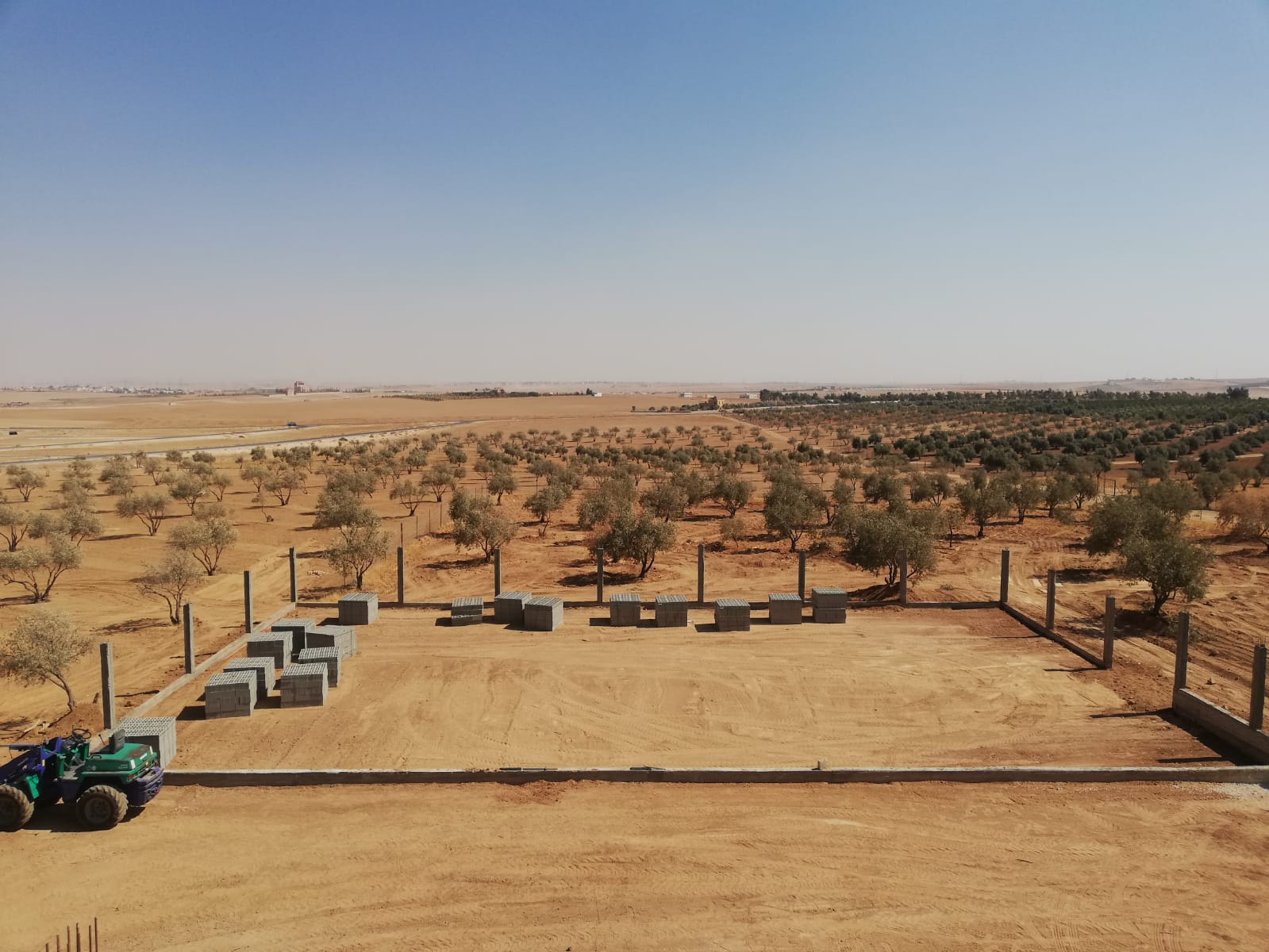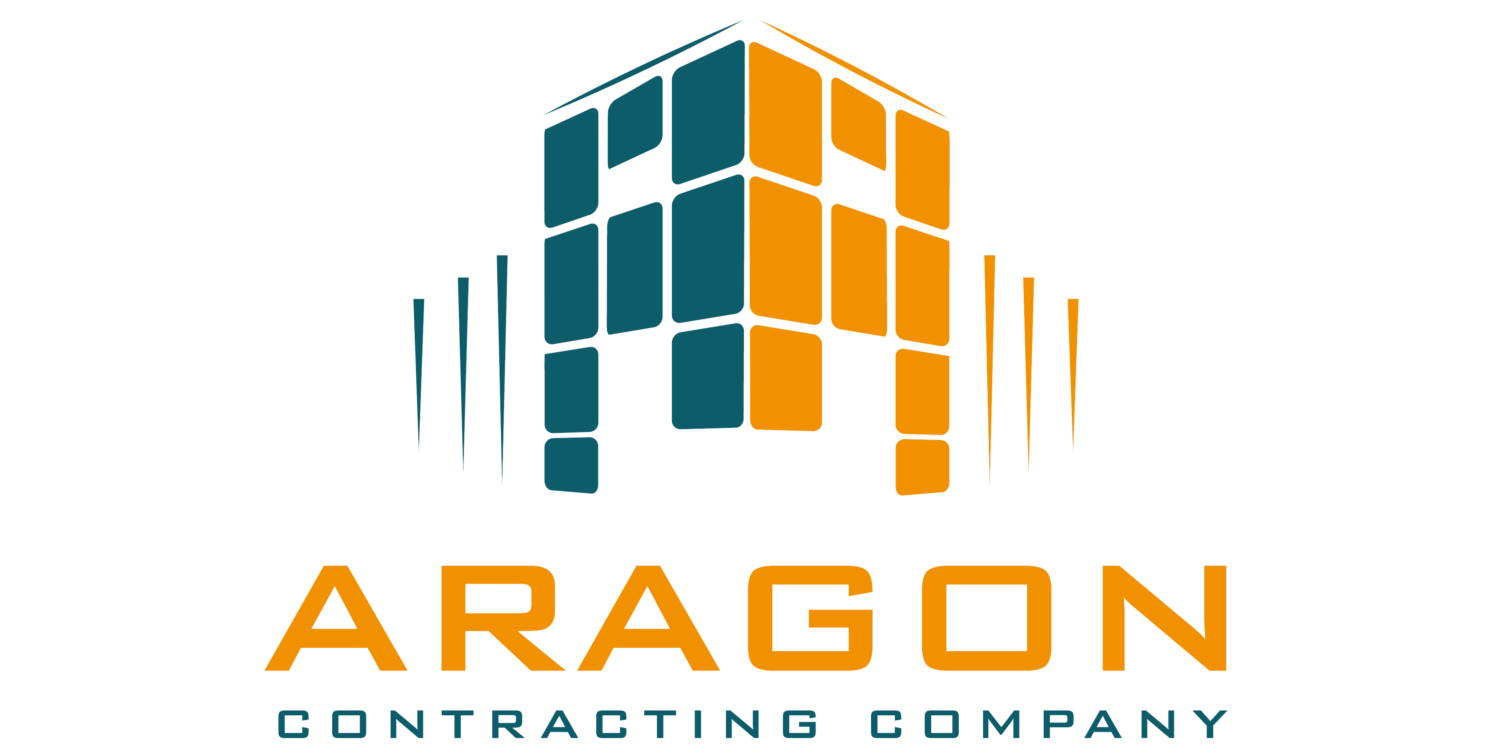
The Importance of Good Planning Before Starting Any Construction Project
Learn about the importance of preliminary planning in construction projects and how it affects the quality of execution, cost, and time. Steps for good planning for a successful construction project.
Article: When we talk about construction projects, whether small or large, good planning is the key factor for the success of any project. Preliminary planning not only saves time and money but also ensures quality execution and reduces potential risks. But what does good planning involve, and why is it so important for construction projects?
- Accurate Budgeting
One of the most critical elements of good planning is accurately determining the project budget. It is essential to know all expected costs, from materials to labor and equipment. A lack of a clear budget can lead to project stoppages or cost overruns, negatively impacting the quality of construction and the overall project performance. - Choosing the Ideal Location
Choosing the ideal location for construction is not a random decision. The site must be studied carefully in terms of soil, climate, and surrounding infrastructure. The location can directly affect the construction process, as some sites may require special techniques or additional costs to make them suitable for building. - Proper Design
Engineering design is an integral part of the planning process. Collaboration with engineers and designers is necessary to develop a design that fits the project’s needs and the specified budget. A good design not only encompasses aesthetics but also considers functional factors and efficiency in space utilization. - Time Management
Good planning also involves managing time effectively. Establishing a clear schedule for each phase of construction helps avoid delays and ensures the project progresses according to plan. By setting deadlines for each part of the project, workflow can be maintained, leading to timely completion. - Selecting Suitable Materials
Preliminary planning also assists in carefully selecting materials. The quality of materials and their compatibility with the project design and surrounding environment should be considered. Choosing high-quality materials may be costly upfront, but it saves significant maintenance costs in the long run. - Risk Management
Risk management is a fundamental part of good planning. The plan should include expectations for potential problems the project may face, such as supply delays, unfavorable weather conditions, or rising costs. Having contingency plans for each phase can mitigate the negative impact of any unforeseen issues. - Coordination Between Working Teams
Good planning requires effective coordination among all parties involved in the project, including engineers, contractors, and workers. Good communication between teams ensures smooth workflow and reduces the likelihood of errors. - Compliance with Laws and Regulations
During planning, it is essential to ensure that the project complies with all local building laws and regulations. Non-compliance can lead to fines or significant project delays. Through careful planning, these issues can be avoided, ensuring the project proceeds smoothly.
Conclusion:
Good planning is the foundation for the success of any construction project. From accurately determining the budget and choosing the ideal location to managing time and resources, preliminary planning ensures that the project is executed efficiently and with high quality. If you want to achieve success in your construction projects, do not rush to start before putting together a comprehensive and well-thought-out plan.

0 comments
Write a comment